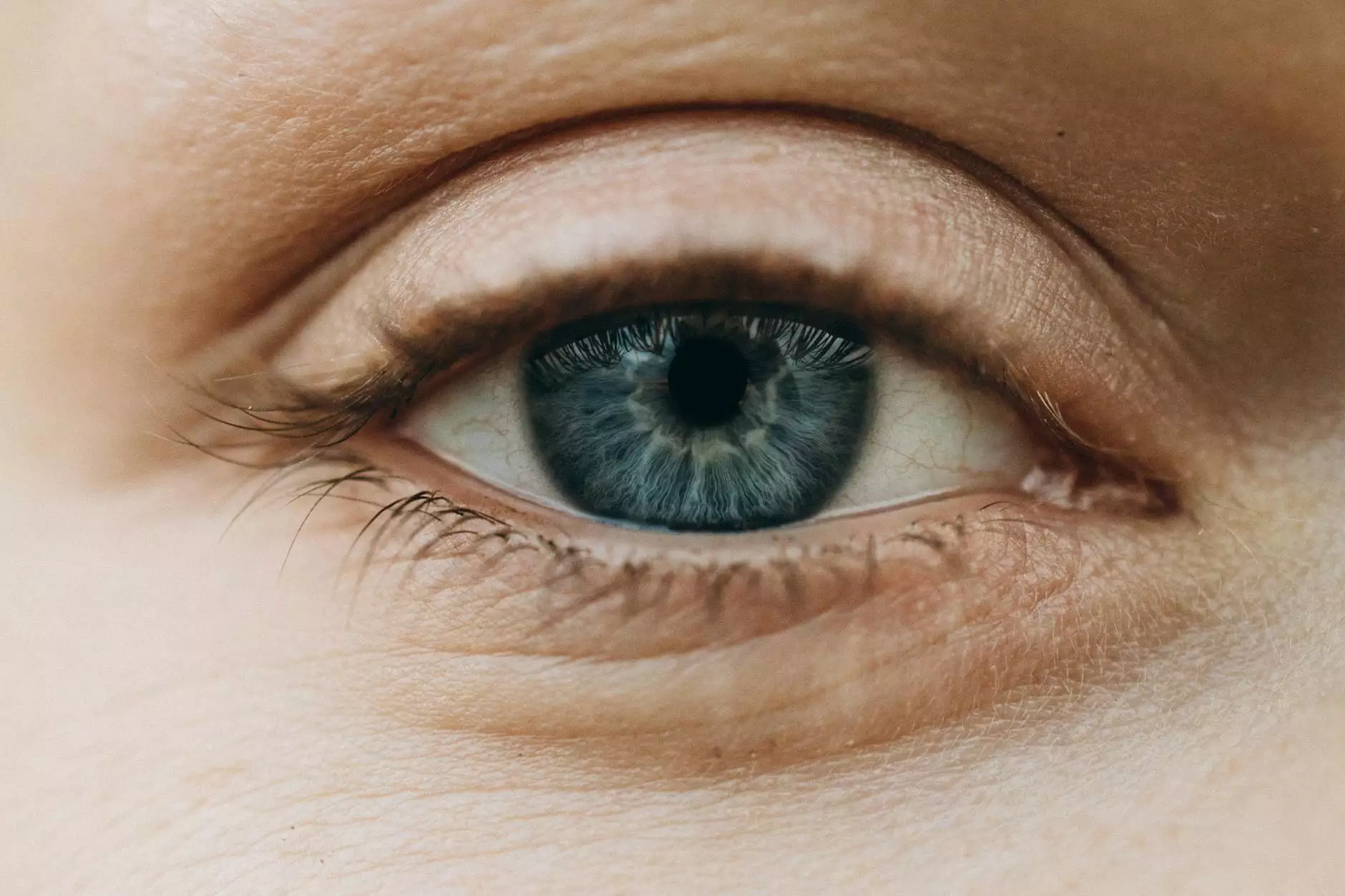Understanding the Impact of Neuroscience on Mental Health at Mindcare Neuroscience

Neuroscience has revolutionized the way we understand mental health. The innovative approaches pioneered by organizations such as Mindcare Neuroscience play a crucial role in shaping future treatments and therapies designed to promote mental wellness. This article delves into the intersection of neuroscience and mental health, spotlighting the methodologies and therapies employed at Mindcare Neuroscience.
The Foundation of Neuroscience in Mental Health
Neuroscience is the branch of science that studies the nervous system, including the brain's structure, function, development, genetics, and biochemistry. It offers profound insights into mental health, illustrating how thoughts, emotions, and behaviors are influenced by neurological processes. Understanding these connections is critical for developing effective mental health treatments.
How Mindcare Neuroscience Utilizes Cutting-Edge Research
At Mindcare Neuroscience, research is not just theoretical; it is applied in real-life scenarios to enhance client outcomes. Here are some key focus areas:
- Neurofeedback Training: This technique helps individuals learn to self-regulate brain function, contributing to improved mental health.
- Transcranial Magnetic Stimulation (TMS): A non-invasive method used to stimulate nerve cells in the brain, which has shown promise in treating depression.
- Cognitive Behavioral Therapy (CBT): Integrated with neurological insights, CBT at Mindcare focuses on restructuring negative patterns and promoting healthier thinking.
The Importance of Tailored Treatment Plans
Each individual is unique, and at Mindcare Neuroscience, personalized treatment plans are created to address specific mental health issues. This customization considers factors such as:
- Medical History: Understanding past mental health issues and treatments provides context for current needs.
- Neurological Assessments: Conducting comprehensive brain assessments to identify areas needing focus.
- Therapeutic Goals: Establishing clear, achievable goals for therapy helps guide the treatment process.
Transformational Impact on Mental Health
The therapies and practices at Mindcare are designed not just to alleviate symptoms, but to foster long-term mental well-being. Here’s how:
Enhancing Emotional Regulation
By employing neuroscience-based approaches, clients become better equipped to manage their emotions. Understanding the neurological basis of their feelings allows for the development of strategies to cope with stress, anxiety, and depression.
Building Resilience
The integration of neuroscience principles in therapy enhances one’s resilience, empowering clients to face challenges with a renewed sense of strength. Mindcare Neuroscience emphasizes skill-building techniques that contribute to better mental fortitude.
Promoting Overall Brain Health
At Mindcare Neuroscience, clients are educated on maintaining brain health through:
- Dietary Adjustments: Educating on nutrition that supports brain function.
- Mindfulness and Meditation: Techniques to enhance focus and mental clarity.
- Physical Activity: Promoting exercise as a vital component of mental wellness.
Success Stories at Mindcare Neuroscience
Real-life success stories from clients highlight the effectiveness of the neuroscience methods utilized at Mindcare. Many have reported significant improvements in their conditions, claiming that their experiences there transformed how they approach their mental health.
Case Study: Overcoming Anxiety
One client, initially struggling with debilitating anxiety, found relief through a combination of TMS and cognitive behavioral therapy. This tailored approach not only alleviated symptoms but also equipped them with coping mechanisms that continued to prove effective long after treatment ceased.
Case Study: Managing Depression
Another client, who had battled severe depression for years, experienced monumental shifts in their mental landscape following neurofeedback training. With ongoing support and personalized strategies, they regained their confidence and focus.
Future Directions in Neuroscience-Based Mental Health Treatment
The landscape of mental health treatment is continually evolving. Mindcare Neuroscience aims to stay at the forefront of these developments by exploring new treatments and therapies that further leverage neuroscience for mental health improvements.
Advancements in Neurotechnology
Emerging technologies are being developed that further our understanding of the brain. Innovations such as AI-assisted diagnostics and more refined neuro-imaging techniques allow professionals to devise even more effective treatment plans tailored to individual needs.
Community and Educational Outreach
Mindcare is dedicated to promoting mental health education within the community. By providing resources, workshops, and seminars, they aim to destigmatize mental health issues and foster an environment where individuals feel empowered to seek help.
Conclusion
The journey towards mental wellness is often complex, but with the help of organizations such as Mindcare Neuroscience, individuals receive the support they need to navigate this path. Their evidence-based, neuroscience-driven methods not only treat symptoms but also enhance overall brain health, emotional resilience, and, ultimately, life satisfaction.
Investing in mental health through the lens of neuroscience is not just a trend; it is a transformative approach that empowers individuals to reclaim their lives. If you or someone you know would benefit from these services, exploring the offerings at Mindcare Neuroscience might just be the first step toward a brighter tomorrow.
https://www.mindcareneuroscience.com.au








